US billionaire George Soros ‘proud’ of supporting anti-Brexit group
After facing backlash over donating $555,000 to an anti-Brexit campaign group, Zionist billionaire George Soros says he is “proud” of his efforts to prevent Britain’s withdrawal from the European Union (EU).
Writing in the Mail on Sunday, the Hungarian-American investor said even the “toxic personal criticism” that he received for his move did not change his views that UK's exit from the EU was a tragic mistake and would weaken Britain.
“This process will change Britain and Europe from friends into foes, at least during the transitional period,” he argued, referring to a two-year ultimatum that the UK is given to transition out of the EU after the talks end in March 2019.
Soros said Britain’s economy was in a better shape before the June 2016 referendum, where 52 percent of Britons chose to end the country’s membership in the EU.
“Before the referendum Britain was doing better economically than the rest of Europe. But this has now been reversed, with continental economies powering ahead while Britain lags behind,” he noted.
Continuing his attacks on anti-EU campaigner, Soros claimed that voters were “egged on by unscrupulous agitators” and their vote was a way of expressing “dissatisfaction with the current state of affairs rather than contemplating the consequences.”
The 87-year-old said Brexiteers did not win the referendum with a decisive enough majority and the outcome did not justify the major changes that the country will make to its ties with the EU.
Earlier this week, Mark Malloch-Brown, chairman of the pro-EU Best for Britain campaign announced the investment by Soros.
Pro-Brexit newspaper, The Daily Telegraph, said in a report that the business magnate was also planning UK-wide advertisements this month "which they hope will lead to a second referendum to keep Britain in the EU."
Defending his campaign, Malloch-Brown said it was "perfectly reasonable" for the Members of Parliament to be able to rethink Brexit.
Soros said in his article that the campaign group had his “wholehearted” support.
The former Hungarian refugee, who made a fortune by betting against the sterling on Black Wednesday, said in a speech at the World Economic Forum in Davos last month that British people were "in denial" about the financial implications of Brexit.
South Africa shows Israeli envoy exit door, holding the line on national sovereignty
Israel’s ceasefire violations part of ‘80-year policy of colonial genocide’ in Palestine: Iran
IRGC Navy chief: Iran's unity and resolve a barrier against enemy plots
IRGC: EU's terrorist labeling aligns with US interventionism
VIDEO | India hosts Arab foreign ministers amid West Asia crises
VIDEO | No decisive win for Trump with Iran
VIDEO | Press TV's news headlines
VIDEO | Trump says navy near Iran because they ‘have to float someplace’


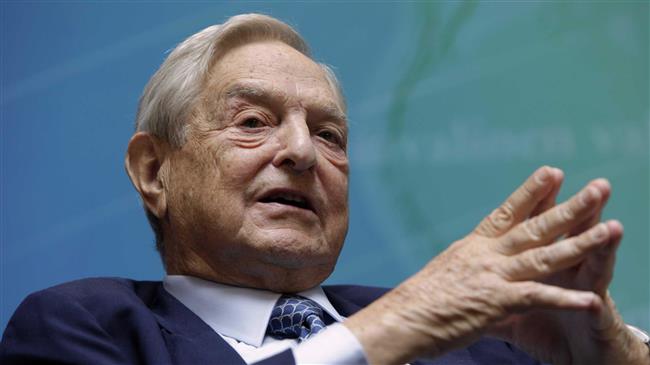

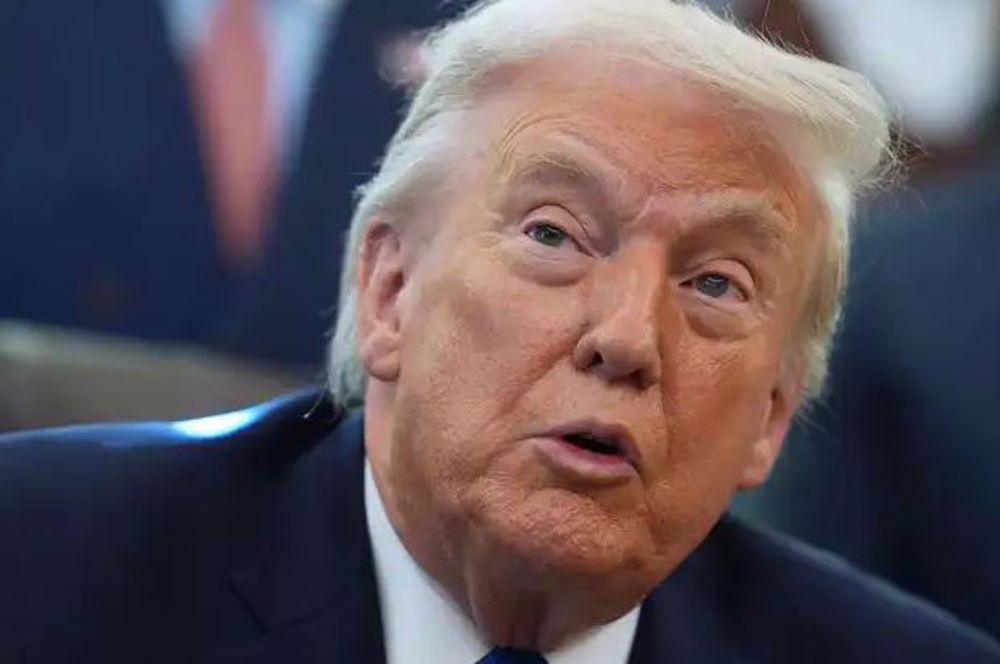
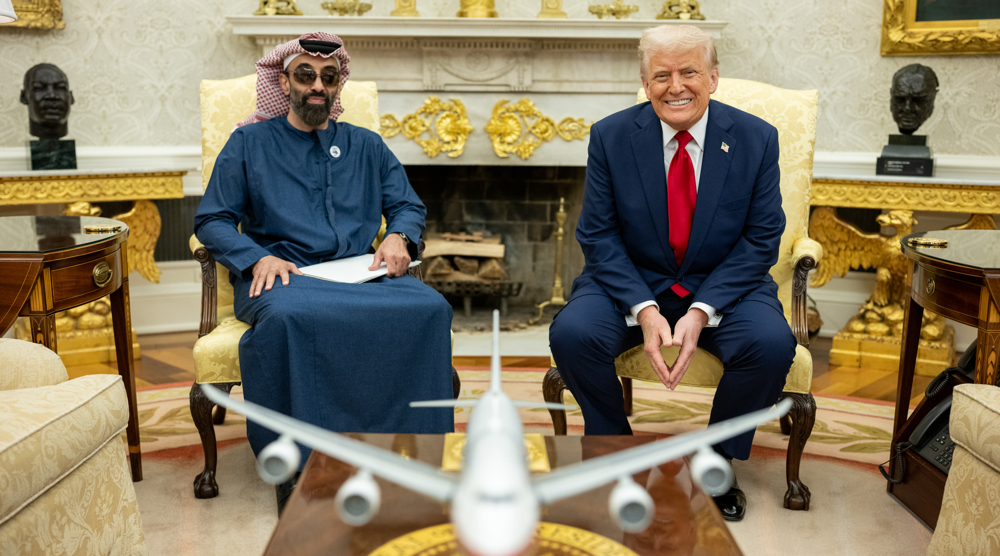
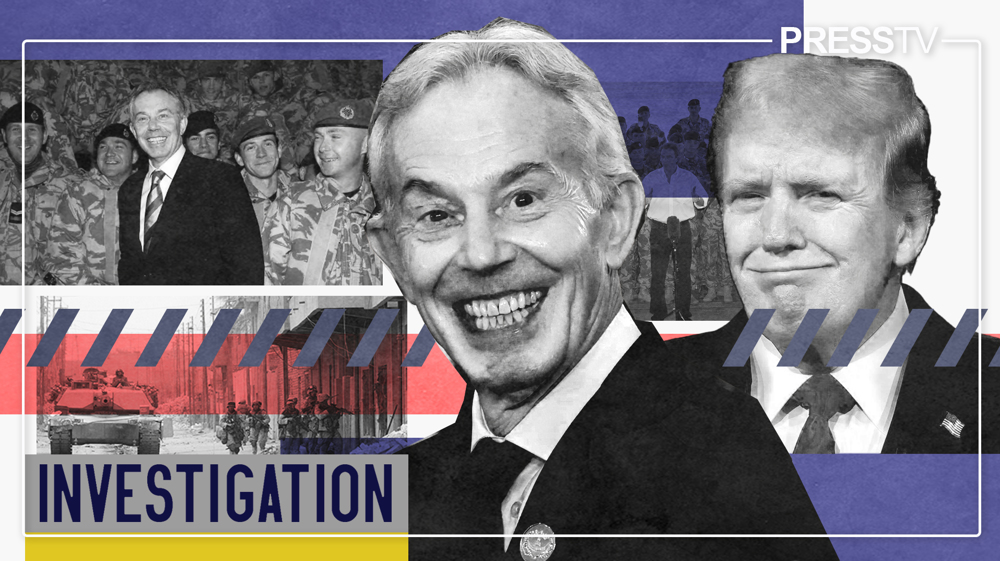



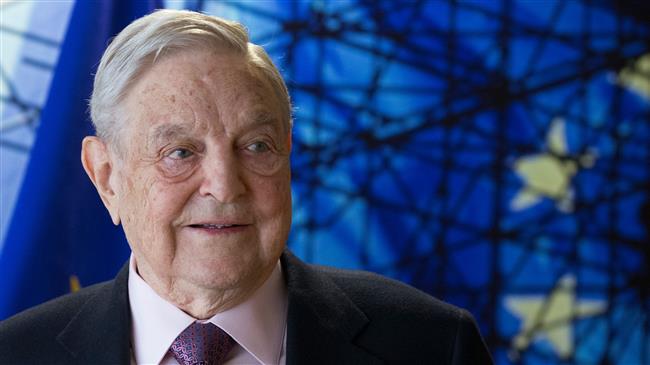
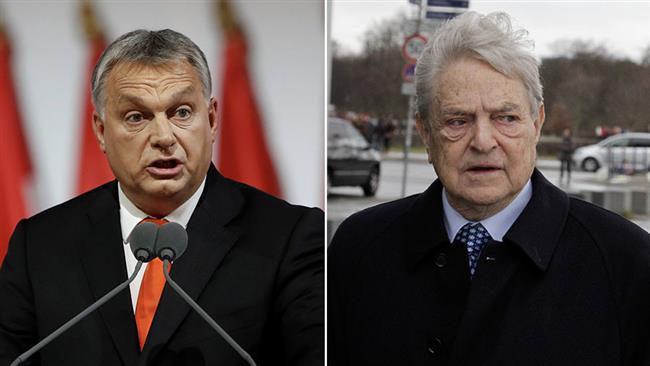





 This makes it easy to access the Press TV website
This makes it easy to access the Press TV website